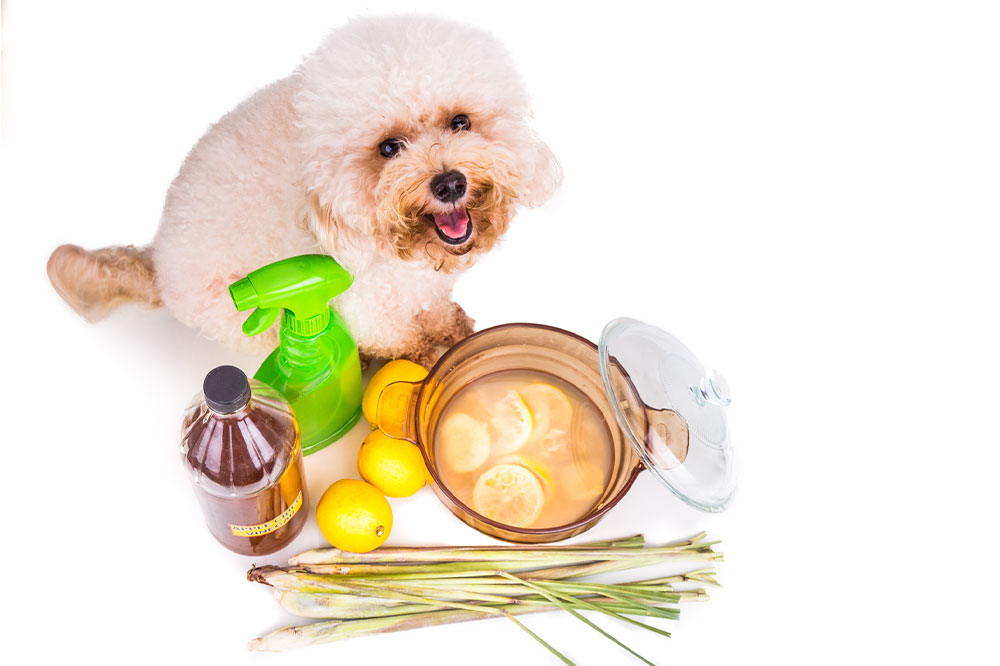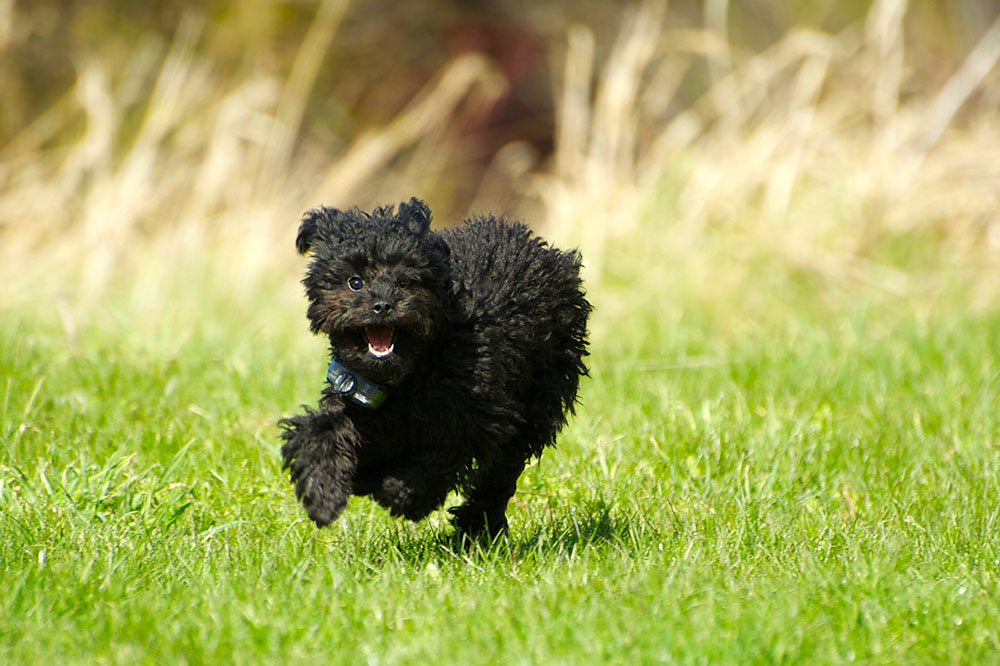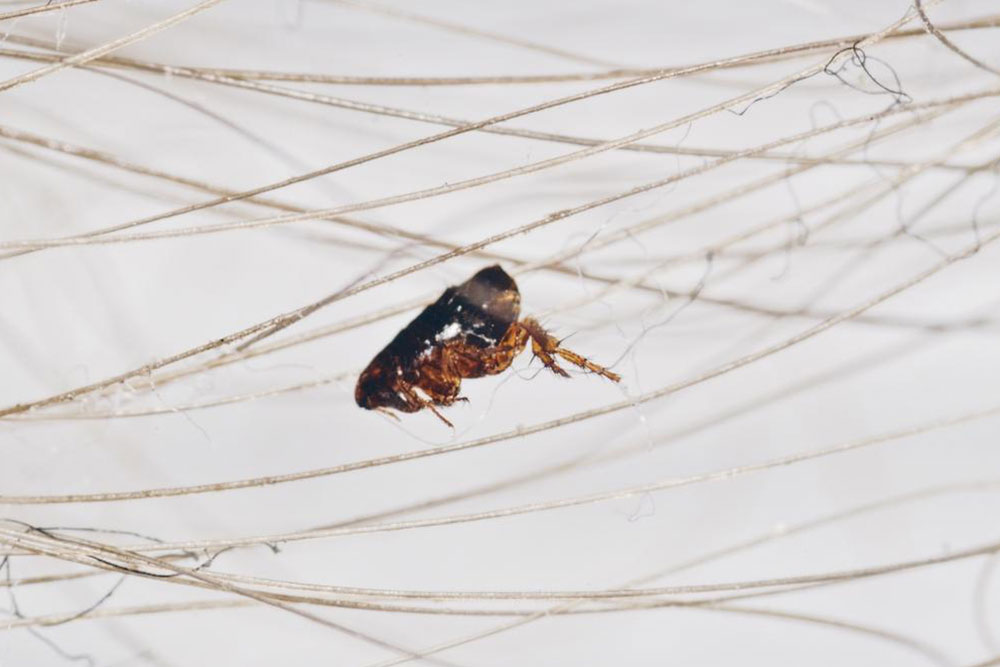Effective and Natural Methods to Eliminate Ticks and Fleas from Dogs
Discover safe, natural, and effective methods to eliminate ticks and fleas from your dog using common household ingredients. This comprehensive guide covers homemade sprays, herbal remedies, and environmental tips to keep your pet pest-free during peak seasons. Perfect for pet owners seeking eco-friendly solutions, these natural options support your dog's health and safety while preventing infestations. Learn how to use apple cider vinegar, citrus extracts, essential oils, and yard treatments to maintain a clean, pest-free environment in a safe manner that complements your pet’s wellbeing.

Safe, Natural, and Proven Strategies to Protect Your Dog from Ticks and Fleas
As warmer seasons approach, dog owners often find themselves facing the recurring challenge of dealing with pesky ticks and fleas that threaten their pets’ health and comfort. While numerous commercial insecticides and flea treatments are readily available in pet stores, many owners prefer natural alternatives that minimize chemical exposure and are gentle on their furry companions. Fortunately, there are effective, natural methods using commonplace kitchen ingredients and household products that can help prevent and eliminate ticks and fleas from dogs. These natural remedies not only provide a safer approach but also support a healthier environment for your pet and your household.
In this comprehensive guide, we will explore various natural solutions, including homemade sprays, topical treatments, and environmental control strategies that can keep ticks and fleas at bay. These methods are suitable for pet owners seeking eco-friendly, cost-effective, and chemical-free options to safeguard their beloved dogs during peak pest seasons.
Utilizing Apple Cider Vinegar as a Natural Flea and Tick Repellent
Apple cider vinegar (ACV) has long been celebrated for its antibacterial and antifungal properties. Its acidic pH creates an inhospitable environment for fleas and ticks, making it an excellent natural repellent. An easy-to-make spray using diluted ACV can be applied to your dog’s coat to deter pests and prevent infestations. To prepare, mix one part apple cider vinegar with two parts water in a spray bottle. Regular monthly applications help maintain a pest-resistant barrier around your dog’s skin. Additionally, combining ACV with gentle soap during bath time enhances its efficacy by washing away existing pests while maintaining a hostile environment for new ones.
Harnessing Citrus-Based Solutions for Pest Prevention
Citrus fruits, especially lemons and oranges, possess natural oils and compounds that repel fleas and ticks. A popular natural remedy involves slicing lemons and soaking them overnight in boiling water. The resulting citrus extract can then be strained and transferred into a spray bottle. Applying this spray onto your dog’s fur, especially focusing on sensitive areas like the ears, tail, and legs, can help off-set pest interest naturally. Moreover, creating a soothing post-grooming lotion by mixing lemon extract with salt and water can calm your pet’s skin while offering continued protection against pests. Citrus-based solutions are safe, pleasant-smelling, and highly effective for routine pest deterrence.
Using Herbal Essential Oils for Natural Pest Repellents
Many essential oils have been scientifically recognized for their insect-repelling properties. Oils such as lavender, citronella, peppermint, and cedarwood are particularly effective against fleas and ticks. When used appropriately, these oils can be added to your dog’s shampoo or diluted in water and sprayed onto the coat. It is crucial to ensure these oils are safe for your dog’s breed, age, and health status. Always consult with a veterinarian before using essential oils and perform a patch test to check for allergic reactions. When properly used, herbal oils provide a natural, fragrant way to keep pests away without harmful chemicals.
Garlic-Infused Water as a Yard Deterrent
While garlic should never be fed directly to dogs in large quantities due to toxicity concerns, garlic-infused water used outdoors can act as a natural pest deterrent in your yard. By spraying garlic-infused water around your garden and outdoor living spaces, you create an environment that fleas and ticks tend to avoid. This preventative measure helps reduce pest populations near and around your home, decreasing the likelihood of infestations spreading to your dog. Remember to use garlic infusions cautiously and avoid applying directly to your pet’s skin unless advised by your veterinarian.
Maintaining a Clean and Pest-Free Environment
Preventing tick and flea infestations requires consistent hygiene and environmental management. Regularly washing your pet’s bedding with hot water, vacuuming carpets, and thoroughly cleaning furniture helps eliminate eggs, larvae, and mature pests. Additionally, reducing damp or shaded areas in your yard prevents creating breeding grounds for pests. Ensuring your pet’s living environment is clean and dry is paramount for long-term flea and tick control. Combining these hygiene practices with natural repellents enhances their effectiveness, offering a comprehensive approach to pest management.
Incorporating natural methods into your pet care routine provides a safe, effective, and eco-conscious way to protect your dog from ticks and fleas. These strategies not only help prevent discomfort and disease transmission but also contribute to a healthier environment for your family and furry friends. Always remember to consult with your veterinarian before trying new treatments, especially when using essential oils or outdoor sprays, to ensure safety and suitability for your specific pet.





